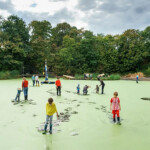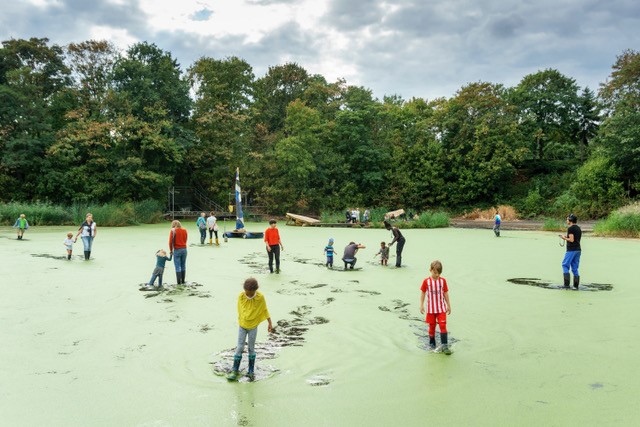Hospitality – with all its seeming generosity – is a complex concept: Who is invited into our societies, our assemblies? What are the relationships between guests and hosts? Is unconditional hospitality possible? The architecture of public space, the infrastructures of coming together, the borders and thresholds around them inform how we come together, what is prevented from happening, what is possible. The 11th edition of The Art of Assembly looks at the physical relations of gatherings, how bodies and objects are organised, how radical concepts of democracy can be represented in space. Architect and researcher Merve Bedir since long researches infrastructures of hospitality and mobility as well of the residue of solidarity in urban and public space. For raumlaborberlin architecture is a tool, in search for a city of possibilities, considering themselves activists, operating within the urban landscape. And for architect and scholar Marina Otero Verzier is concerned with how the work of architects, in coordination with other social and institutional techniques, produces differential spaces that either facilitate or prevent their encounter of bodies.

In collaboration with Goethe Institut: Performing Architecture


